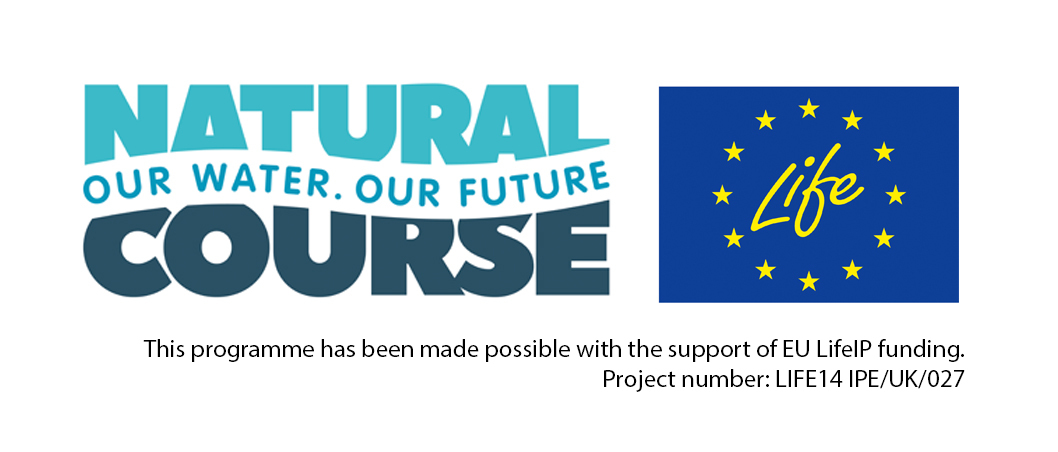
5 Easy Ways to Revive Your River: Water saving at home
It’s not always easy to know what you can do to help the environment, especially to protect an ecosystem as complex and interconnected as rivers. But we’re here to tell you that the River Revival begins at home.
18/08/21
As it stands, demand for water is outstripping supply, especially in big towns and cities with dense populations. On average, each person in the UK uses 145 litres of water per day, and roughly 12% of each gas-heated household’s energy bill comes from heating water for baths, showers, and taps[i]. Whilst abstraction does not currently bring devastation to our doorsteps in the same way that flooding does, it is still one of the biggest environmental challenges facing society. If levels in reservoirs are low, water companies extract water directly from rivers, which leaves them with a higher concentration of pollutants, lower dissolved oxygen levels, and damaged habitats for freshwater wildlife species. If climate change leads to prolonged periods of drought, as is expected, the dreaded hosepipe ban won’t be enough to salvage the situation.
If everyone took small steps to use just a little less water each day, it wouldn’t just help your bank account, but the environment too:
Turn off that tap: A running tap uses up to 9 litres of water per minute[ii], so leaving it on for 2-3 minutes as you brush your teeth sends a lot of precious water straight back down the drain. That’s treated water too, so your water bill goes towards the chemicals used to clean it.
Load up your laundry: This might be an example of laziness being a good thing, because doing your laundry less frequently is actually great for the environment. Putting smaller loads in the machine uses a disproportionate amount of water compared to full ones, so waiting an extra day or two increases your water efficiency.
Beat the blockages: Sending items such as sanitary products and wet wipes which, regardless of what the label says, are not flushable, can cause severe blockages in the sewerage system and increase the risk of water backing up into homes and businesses. The only things that should go down the toilet are what we call the three Ps: pee, poo, and paper; everything else should be disposed of in the bin. Similarly, cooking oils and fats should not be rinsed down the plughole, but left to cool and then wiped into the bin.
Wash wisely in the kitchen: Preparing three meals a day and then washing up after them requires a lot of water, and keeping the tap running for all of this can waste a huge amount. Consider filling your washing up bowl to wash fruit and vegetables, and then keeping the water to use for plants. It’s also best to use a bowl of water instead of letting the tap run throughout when washing dishes. If you have a dishwasher, skip rinsing items before they go in and let the machine do the work!
Drink responsibly: When it comes to fetching a refreshing glass of water or a steaming cup of tea or coffee, many of us are guilty of either running the tap for a long time until it’s cold, or filling the kettle despite only needing one cup. Consider filling a jug of water and leaving it in the fridge to chill, and only put as much water in the kettle as you need.
Everyone should be able to make one of these simple lifestyle changes to contribute to the River Revival. If you’re interested in exploring the issues further, you can read about them right here on our website.
[i] Statistics from Energy Saving Trust
[ii] https://www.ofwat.gov.uk/households/conservingwater/watersavingtips/



